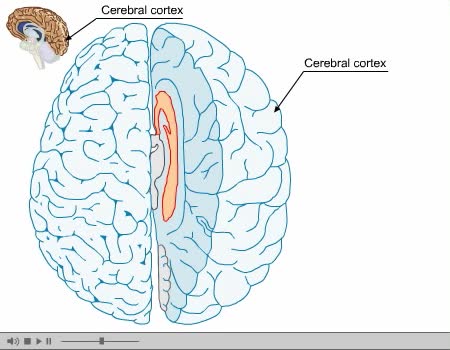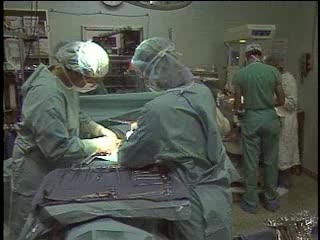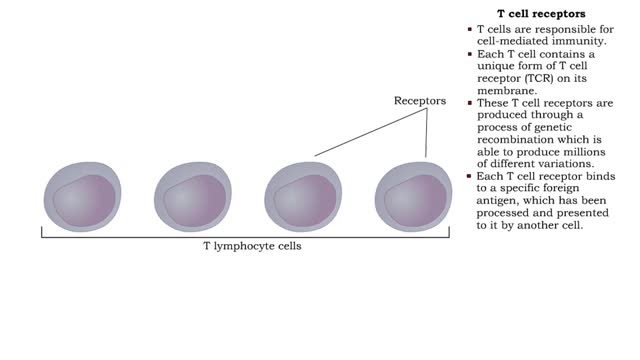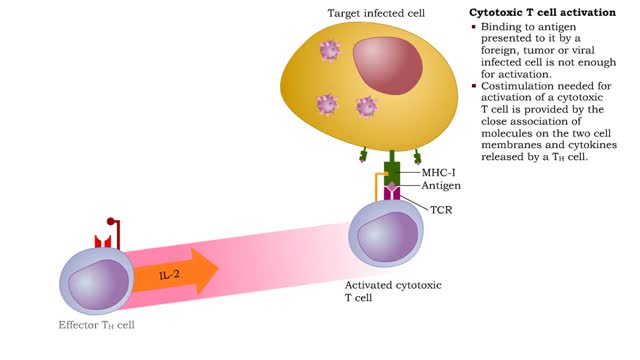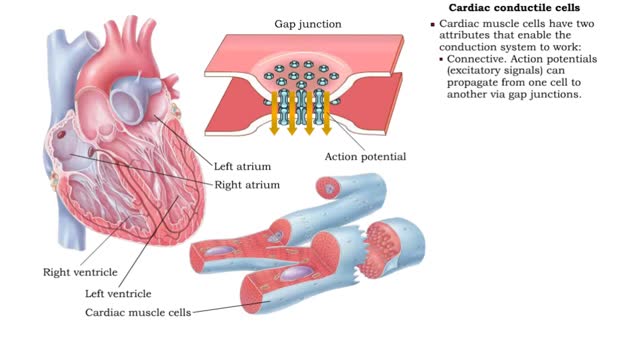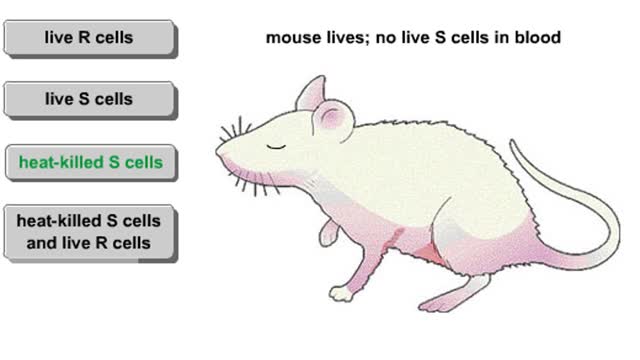Search Results
Results for: 'Fetal cells'
By: Administrator, Views: 14421
Autism is a developmental disorder characterized by difficulties with social interaction and communication, and by restricted and repetitive behavior. Parents usually notice signs during the first three years of their child's life. These signs often develop gradually, though some children with au...
By: Administrator, Views: 14431
The cerebral cortex (plural cortices), also known as the cerebral mantle, is the outer layer of neural tissue of the cerebrum of the brain, in humans and other mammals. It is separated into two cortices, by the longitudinal fissure that divides the cerebrum into the left and right cerebral hemisp...
By: HWC, Views: 10597
■ Secreted by kidney cells when blood oxygen is low. ■ Targets cells in red bone marrow that will become red blood cells. ■ Promotes increased numbers of mature red blood cells. ■ More mature red blood cells carry more oxygen so blood oxygen level is restored to normal.
Labor and Delivery - Placenta Cord
By: Administrator, Views: 469
Soon after a baby is conceived, a support system, comprised of the placenta and umbilical cord, begins to develop. These two structures are essential for sustaining a healthy pregnancy, explains Donald Davis, an obstetrician in Medicine Hat, Alta., and past president of the Society of Obstetricia...
By: HWC, Views: 10734
• T cells are responsible for cell-mediated immunity. • Each T cell contains a unique form of T cell receptor (TCR) on its membrane. • These T cell receptors are produced through a process of genetic recombination which is able to produce millions of different variations. • Each T ce...
Cytotoxic T cell receptors, activation, proliferation, differentiation & action
By: HWC, Views: 11385
• Most cells which have CD8 on their surface become cytotoxic T cells (Tc cells). • CD8 T cells recognize a foreign antigen when it is presented in conjunction with the protein, MHC-I. • Nearly all nucleated cells in the body express MHC-I molecules. • T cells that recognize self-pe...
By: HWC, Views: 11235
• In order for the heart to function properly, all of its cells must contract in a specific sequence. This sequence is determined by a pathway known as the conduction system. • Cardiac muscle cells have two attributes that enable the conduction system to work: • Connective. Action pot...
By: HWC, Views: 8262
In the late 1920s, Fred Griffith was attempting to develop a vaccine against a bacterium that causes pneumonia. To find out why two strains of the bacteria differed in their deadliness, he injected mice with four different mixtures. Mice injected with R cells remained healthy. When Griffith ex...
Cell mediated immune response to a viral infection Animation
By: HWC, Views: 7023
Intracellular pathogens are the targets of cell-mediated immune response. The process begins when a virus infects a macrophage. Another macrophage engulfs the same virus or an antigen from it. In both cells, enzymes cleave the viral antigens into small bits. The fragments move to the cell sur...
Advertisement




